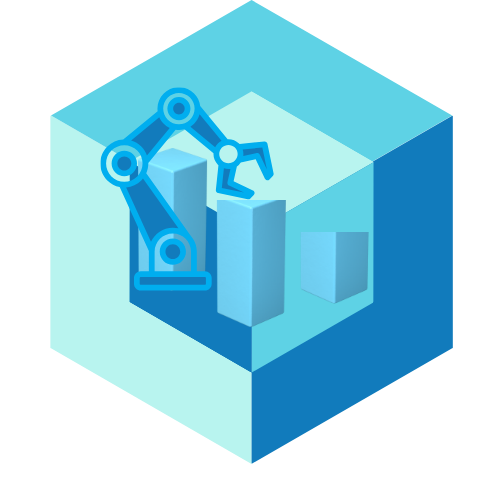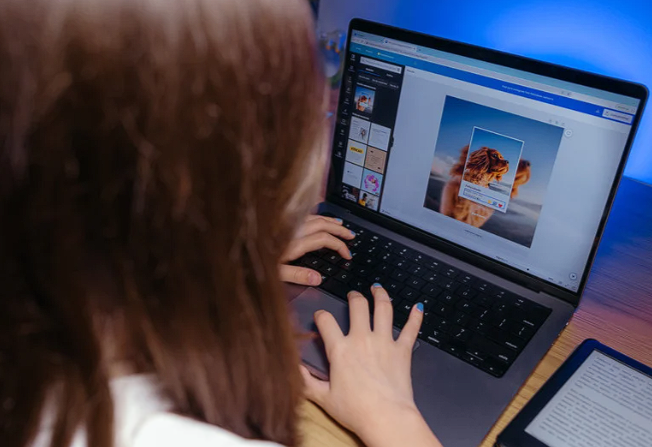No Tech Skills? No Problem. You Can Still Build a Beautiful Website
Think building a website is only for techies and coders? Think again. Today, anyone—with zero technical background—can create a stunning, professional website in just a few clicks.
Seriously. You don’t need to understand code, hire a designer, or spend weeks watching tutorials. You just need a good website builder, a clear idea, and the willingness to try.
Whether you’re launching a blog, side hustle, small business, or personal brand, this guide will show you how to build a website without touching a single line of code.
Why You Don’t Need Tech Skills Anymore
Let’s rewind a few years. Creating a website used to mean dealing with HTML, CSS, and FTP uploads. It felt like learning a foreign language.
But today’s website builders have changed the game. They’re built for everyday people—teachers, artists, freelancers, moms, retirees, side hustlers—people like you.
You get drag-and-drop tools, pre-designed templates, and step-by-step guidance. It’s like using PowerPoint… but for the internet.
The Best Website Builders for Non-Tech Users
Wix – The Ultimate No-Code Powerhouse
If you’re looking for total control with zero coding, Wix is your go-to. It’s visual, intuitive, and comes with everything built in.
What You’ll Love:
- Drag-and-drop editor
- 800+ templates
- AI-powered site creation with Wix ADI
- Blog, store, forms, video—all ready to go
Best For: Beginners, personal brands, small businesses
Squarespace – Sleek and Stylish, Without the Struggle
Want your website to look like it was designed by a pro? Squarespace makes it easy—even if you’ve never touched a design tool in your life.
What You’ll Love:
- Gorgeous templates
- Built-in SEO and analytics
- Simple editing tools
- All-in-one platform (hosting, domain, design)
Best For: Creatives, bloggers, portfolio sites
GoDaddy Website Builder – Fastest Setup Around
If you just want something live today, GoDaddy’s website builder is the speed demon of the group. It’s ideal for users who want a clean, basic site without extra bells and whistles.
What You’ll Love:
- AI-assisted setup
- Mobile-ready templates
- Built-in marketing features
- Fast and easy navigation
Best For: Local businesses, service providers, digital flyers
Weebly – Simple and Straightforward
Owned by Square, Weebly is a beginner-friendly option with solid eCommerce tools built in.
What You’ll Love:
- Drag-and-drop tools
- Easy product listings for online stores
- Quick setup
- Clean interface
Best For: Entrepreneurs, side hustlers, eCommerce beginners
Zyro – Budget-Friendly and Beginner-Focused
Zyro is the new kid on the block—but it’s making waves. It’s incredibly easy, minimal, and fast. Plus, it offers AI-powered tools like logo makers and content generators.
What You’ll Love:
- AI-assisted content and design
- Affordable pricing
- Easy-to-use interface
- Lightweight builder perfect for quick launches
Best For: Startups, first-time builders, freelancers
Step-by-Step: Build Your Website Without a Single Tech Skill
Step 1: Choose a Builder
Pick the one that matches your goals. Wix for full freedom, Squarespace for design, GoDaddy for speed, Weebly for eCommerce, Zyro for simplicity.
Step 2: Pick a Template
Templates are your best friend. Choose one that’s close to what you want—it saves hours.
Step 3: Add Your Content
Drop in your logo, write your “About” section, add some photos, and you’re halfway there.
Step 4: Customize with Drag-and-Drop
Move things around. Add or remove sections. No code needed—just point and click.
Step 5: Preview and Publish
Double-check how it looks on mobile. Hit publish. You’re now officially online.
What Pages Should Your Website Have?
Keep it simple. You don’t need 15 pages to start strong. Begin with:
- Home – Introduce yourself or your business
- About – Share your story
- Contact – Let people reach you
- Blog or Services – Depending on your goal
As you grow, you can always add more later.
Tips for Non-Tech Website Builders
Keep It Clean
Avoid clutter. White space is your friend.
Use Clear Fonts and Big Text
Make sure visitors can read without squinting.
Stick to 2–3 Colors
Too many colors = too much confusion.
Use Free Tools Like Canva and Unsplash
Create graphics and find beautiful photos—even if you’re not a designer.
Write Like You Speak
Friendly, conversational copy works better than stiff, formal text.
What About Domains and Hosting?
Good news: all the website builders above include hosting (that’s where your website lives). Most of them will also offer a free domain for the first year if you choose a paid plan.
Don’t want to pay yet? Start with the free version. You can always upgrade when you’re ready.
You’re More Capable Than You Think
You don’t have to be “techy” or know how to code—all that really matters is taking the first step and getting started.
These tools are made for you—the everyday person with a dream, an idea, or a message. And you can bring it to life with just your mouse, your words, and a little curiosity.
So stop waiting. Your website is just a few clicks away.
Conclusion
Building a website without tech skills is not only possible—it’s easier than ever. Thanks to modern no-code tools, you can launch your site in a matter of hours, not weeks.
Wix, Squarespace, Weebly, GoDaddy, Zyro—they’re all beginner-friendly, all visual, and all designed to help you go from idea to “I’m live!” with confidence.
Start small. Stay curious. Keep clicking until it feels right.
You’ve got this.
FAQs
- Can I really build a website without coding?
Absolutely. Website builders like Wix and Squarespace let you build everything visually—no code required. - Which builder is best for total beginners?
Wix is often the easiest to start with, thanks to its drag-and-drop editor and AI-powered setup. - How much does it cost to build a website?
Most builders offer free plans, and paid options typically start around $10–$15/month with a custom domain. - Do I need separate hosting?
Nope! Website builders include hosting in their plans, so everything’s bundled together. - Can I change my design later?
Yes! Most platforms let you update your layout, text, images, and even switch templates without breaking your site.


